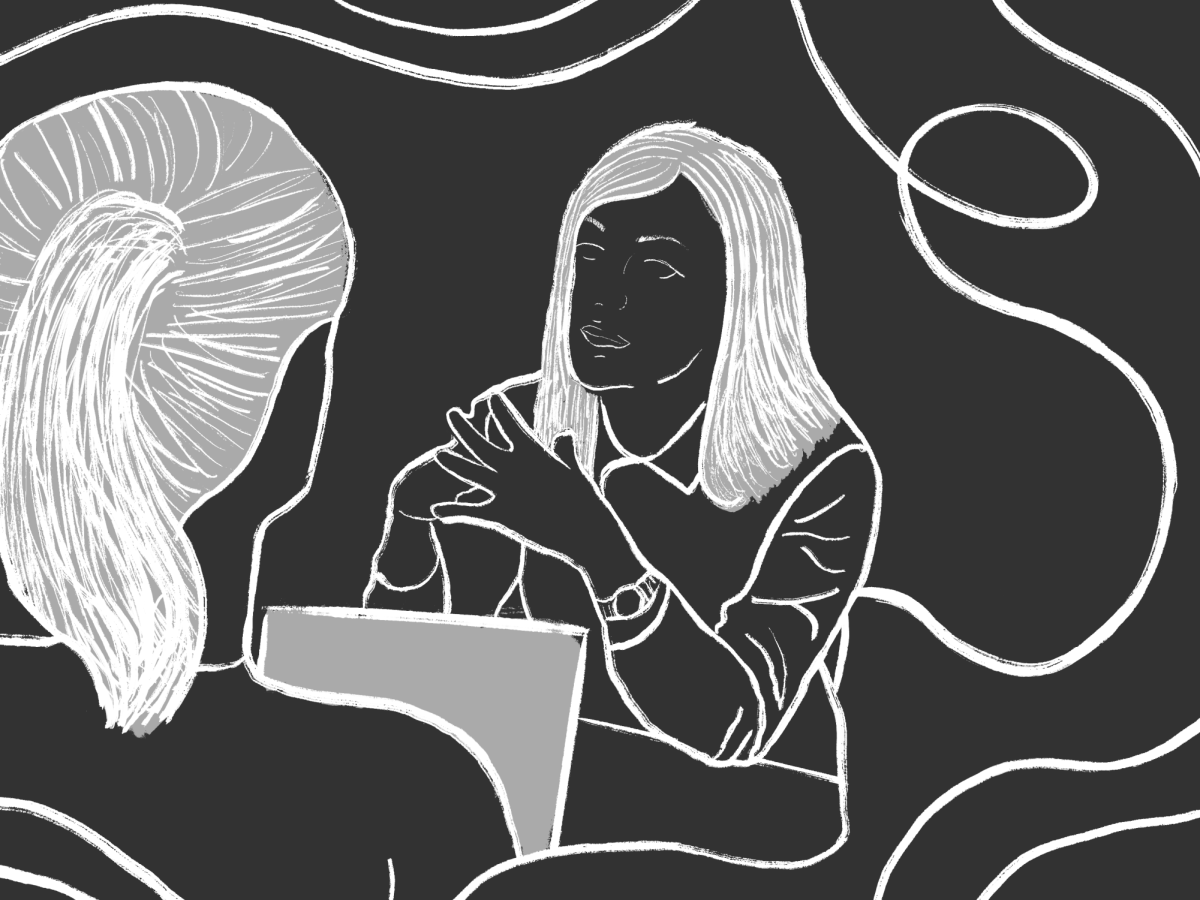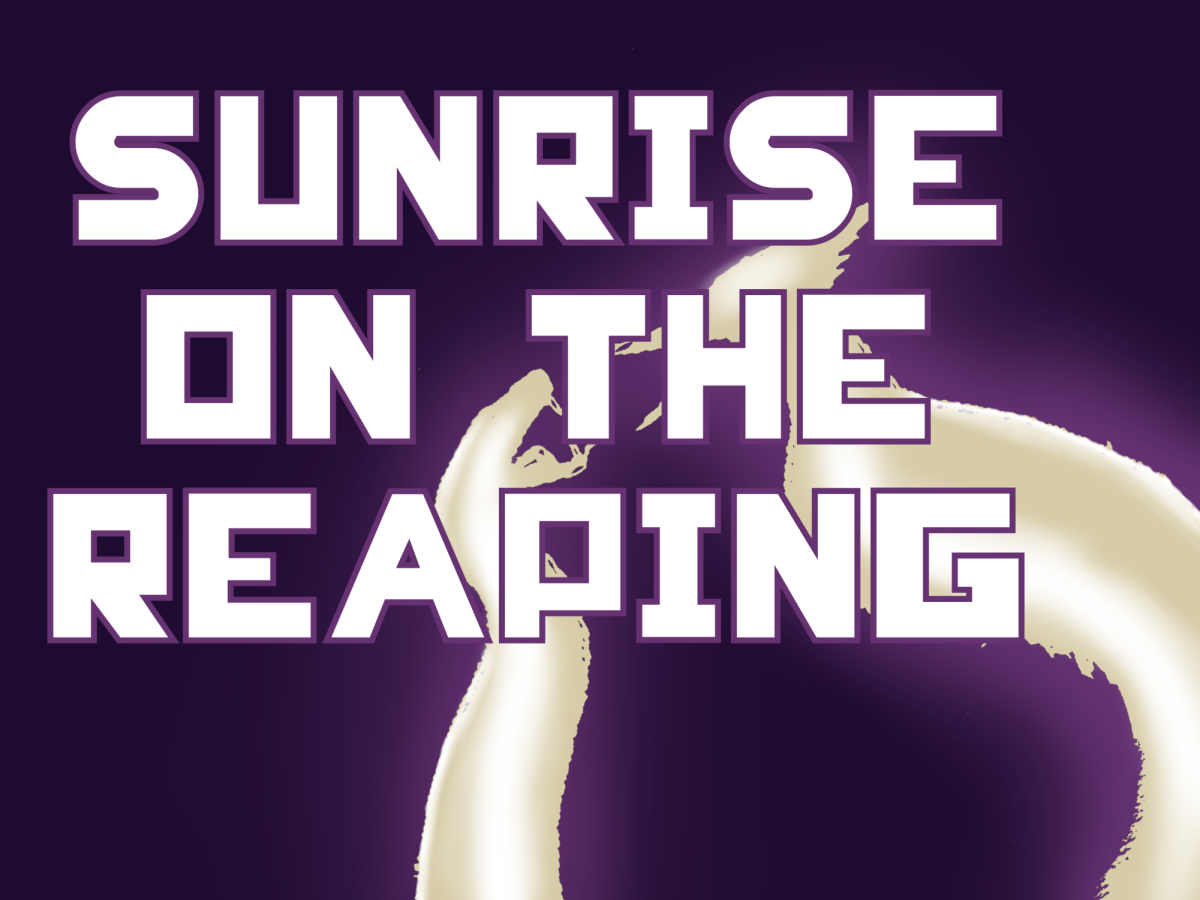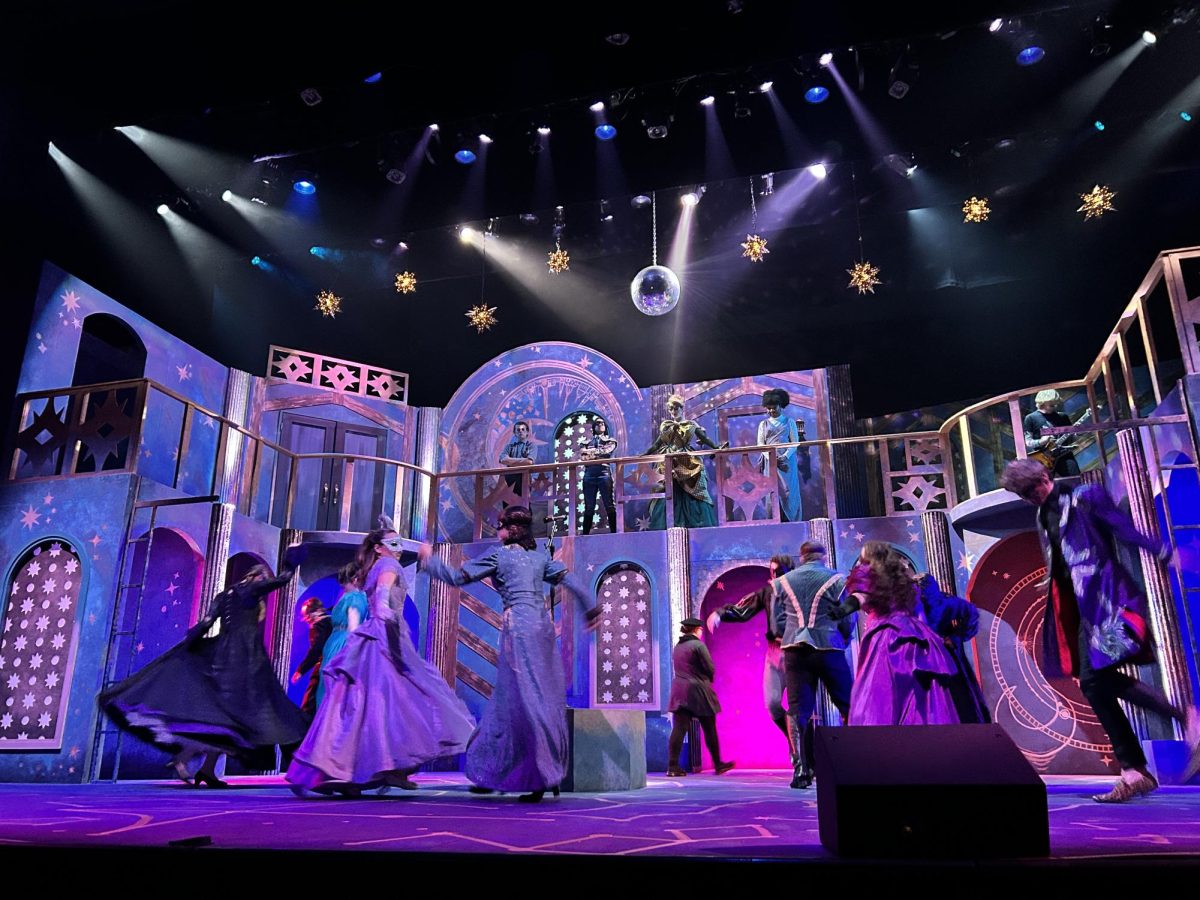
Jon Hart’s young adult novel “Party School” is not the traditional college story of Elle Woods-like success. It follows Dylan Mills, an unexceptional student who let his anxiety keep him from trying new things in high school as his girlfriend called the shots, causing his college options to be limited to a less-than-ideal choice called North South University.
Upset to be associated with the school that is looked down upon by his wealthy hometown of Castleton and aptly nicknamed “North Stoned” for its common use of marijuana among students, Mills finds himself growing apart from his girlfriend, Rosemary Silversmith, who attends an “it school” university, and they take a break during their first semester in order to grow. During this time, he is forced out of his comfort zone by the peers and faculty that he meets at North South and begins to find who he is outside of his relationship with his girlfriend. At the end of the book, he has moved on from his relationship with Silversmith, allowed himself to make his own choices, and is comfortable with where he is in his life.
One thing that Hart did well in writing this book was showing that people are so concerned about keeping up with a certain appearance or version of themselves that they present to others that they will sacrifice their integrity in order to build the name of their persona. This is shown when, at the end of the book, several students that Mills went to high school with are caught up in a scandal concerning falsified test scores one student’s fictitious past about being born into the Taliban in order to obtain others’ pity and attention on college applications. No one is perfect and not everyone has an earth-shattering story to share, and the constant pressure of trying to be someone that you are not in order to be better accepted by someone else can become destructive. Mills remained very down to earth and was honest about himself and his capabilities throughout the book.
One thing that did not sit well about the story was that the protagonist finally got out of his comfort zone, but not in a constructive way. The highlight of his actions included streaking across the football field of a rival college. Despite how these actions could negatively impact his future, they were praised by his peers. The only positive side effect of this was that his confidence increased, because that is what happens when you force yourself outside of your comfort zone: you become more comfortable with yourself. Despite the character becoming more comfortable with himself, he was still holding onto the trend of mediocrity that carried him throughout high school where he did not find positive ways to challenge himself.
While his character changes and becomes more comfortable with who he is in his life, the question of his future remains. Although the author attempts to redefine success through self-integrity and enjoying life, it is hard to enjoy life when you do not have a plan or a career that will pay you enough to afford rent. Mills may not be destined for failure, but he certainly has not set himself up for success in his future. As this is a young adult book, the glorification of the protagonist becoming involved in activities that can negatively impact his future is not the best message to be sending high school students who are preparing to take the next big step into their future, whether they attend college, trade school or go into the work force.
Although “Party School” shares a positive message of self-awareness and learning to push oneself out of one’s comfort zone, it leaves much to be desired when thinking about the real-world consequences that Mills would face as a result of his actions.




















